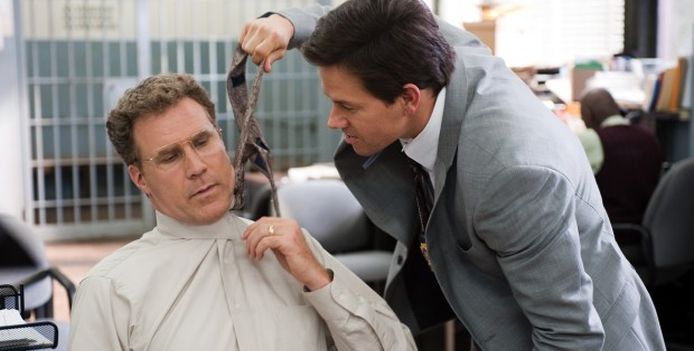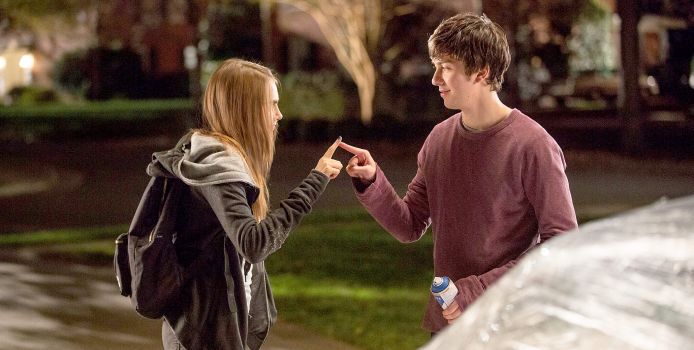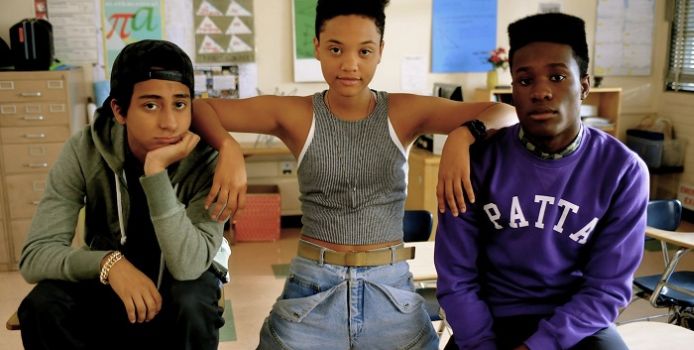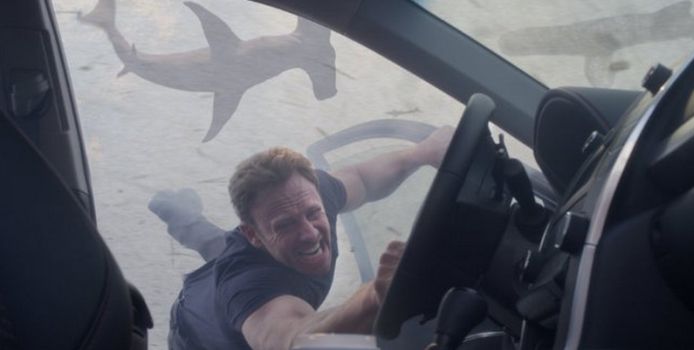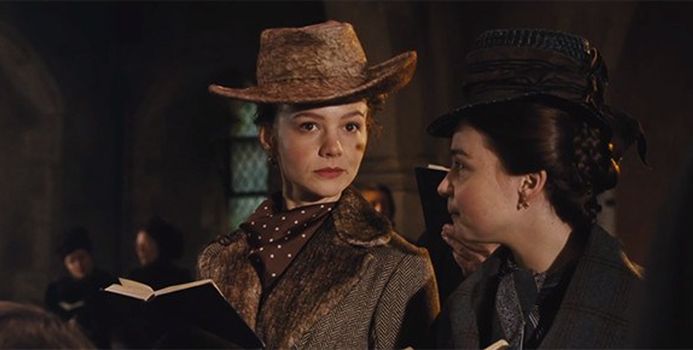
Under the last government, the UK film council (which supported the funding, production and distribution of British films) was scrapped, as prime minister David Cameron cited that the initiative “wasn’t supporting films people British people want to see, like Harry Potter”. Subsequently, we have been told this has made it far harder for British filmmakers to get their movies made. As David Cameron’s Conservative government have recently been re-elected into parliament (this time as the sole governing party; last time they were part of a coalition), it is time to examine what effect this will have on British filmmakers, both in terms of how they will be able to get their films made now there is a tighter grip on funding, as well as how it will effect the kinds of films they make.

Asif Kapadia isn’t the documentary filmmaker of our times, but he is one of the most timely. In the digital age where all information is online, he manages to make movies comprised almost entirely of footage that can be found on YouTube and somehow turn them into major events in documentary cinema. Since his (ever so slightly overrated) 2011 effort Senna, his style as a documentarian has stubbornly refused to change, yet the way he manipulates archive footage to create something new and horrifying is unparalleled, even if it frequently favours emotional manipulation over creating a deeper look at the self-destructive life of subject Amy Winehouse.
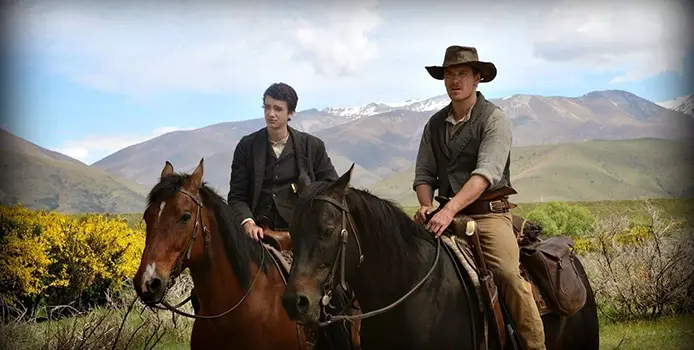
More than 150 years after the old West faded into legend, the western genre is still very much alive and well. Slow West is the feature debut of writer-director John Maclean. Although it contains some clear watermarks of a first-time director, it is also among the more unique modern westerns in the way that it plays around with traditional western tropes and conventions.
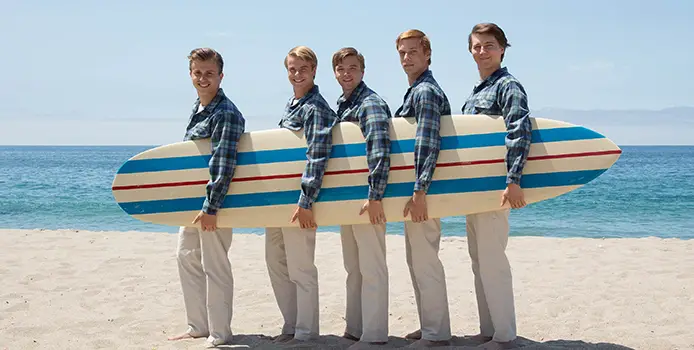
Ever since the glory days of silent cinema, Hollywood has been criticised of running out of ideas. This is why the biopic is the perfect genre for screenwriters and directors. A typical life doesn’t neatly fit into a simple three-act structure, but by highlighting an individual’s greatest successes, and framing them in a way that makes everything else inconsequential by comparison, you can turn something as uninteresting as somebody’s life into a thrilling drama.

When Vêra Chytilová sadly passed away in March of last year, cinephiles across the world mourned the loss of a truly passionate and original filmmaker. Chytilová was the dangerous iconoclast of the Czech New Wave. Both the BFI and Second Run DVD decided that the world must know of her work outside of her nihilistic masterpiece Sedmikrasky (Daisies, 1966), and as such the BFI ran a series showing many of her films at their Southbank cinema, and Second Run released two of her films, Pasti, Pasti, Pasticky (Traps, 1998) and Fruit of Paradise (1970), on their excellent DVD line.
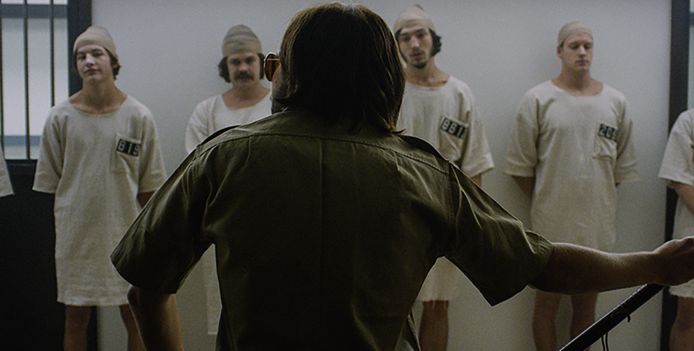
You probably recognize the quote “Power tends to corrupt and absolute power corrupts absolutely”. This is more a story of the former but the latter may apply to the puppetmaster himself. Anyway, if you’ve ever taken an intro to psych class, you’ve probably ran into some mention of the Stanford Prison Experiment.


